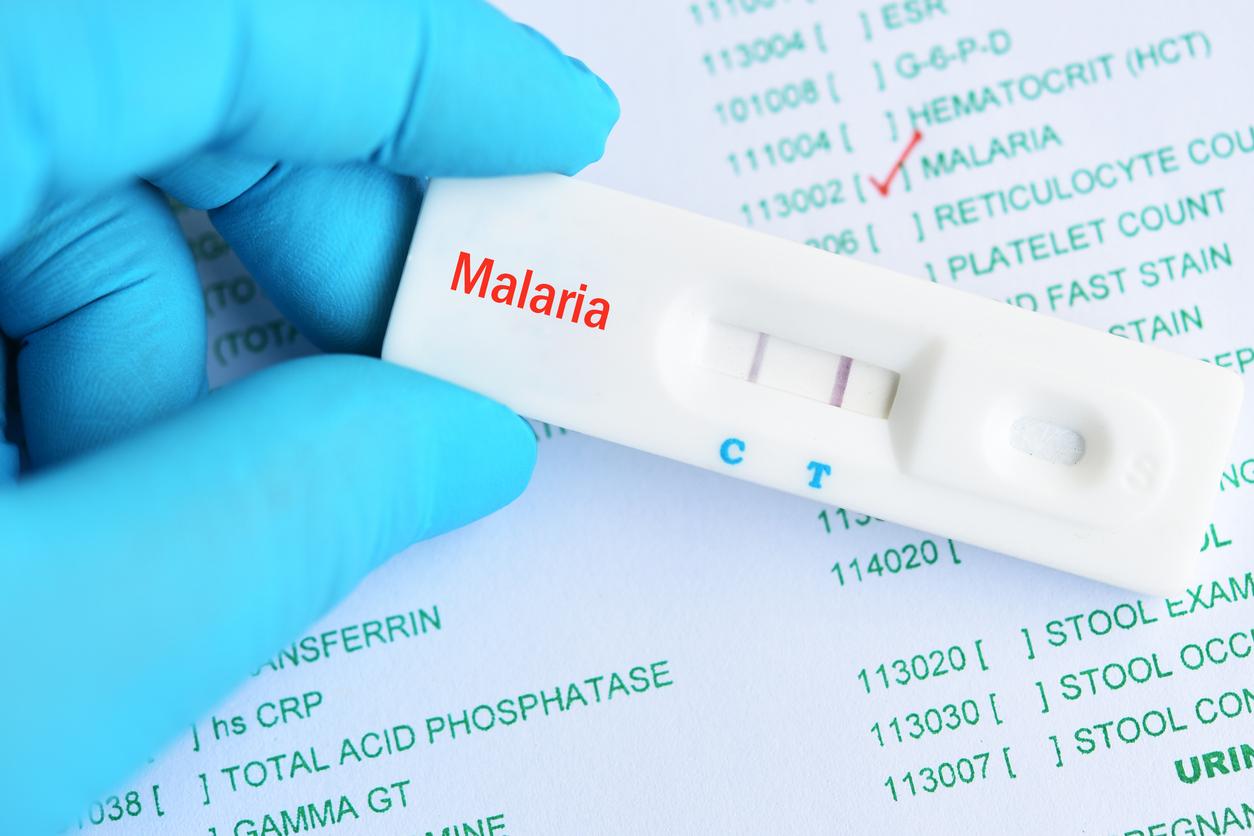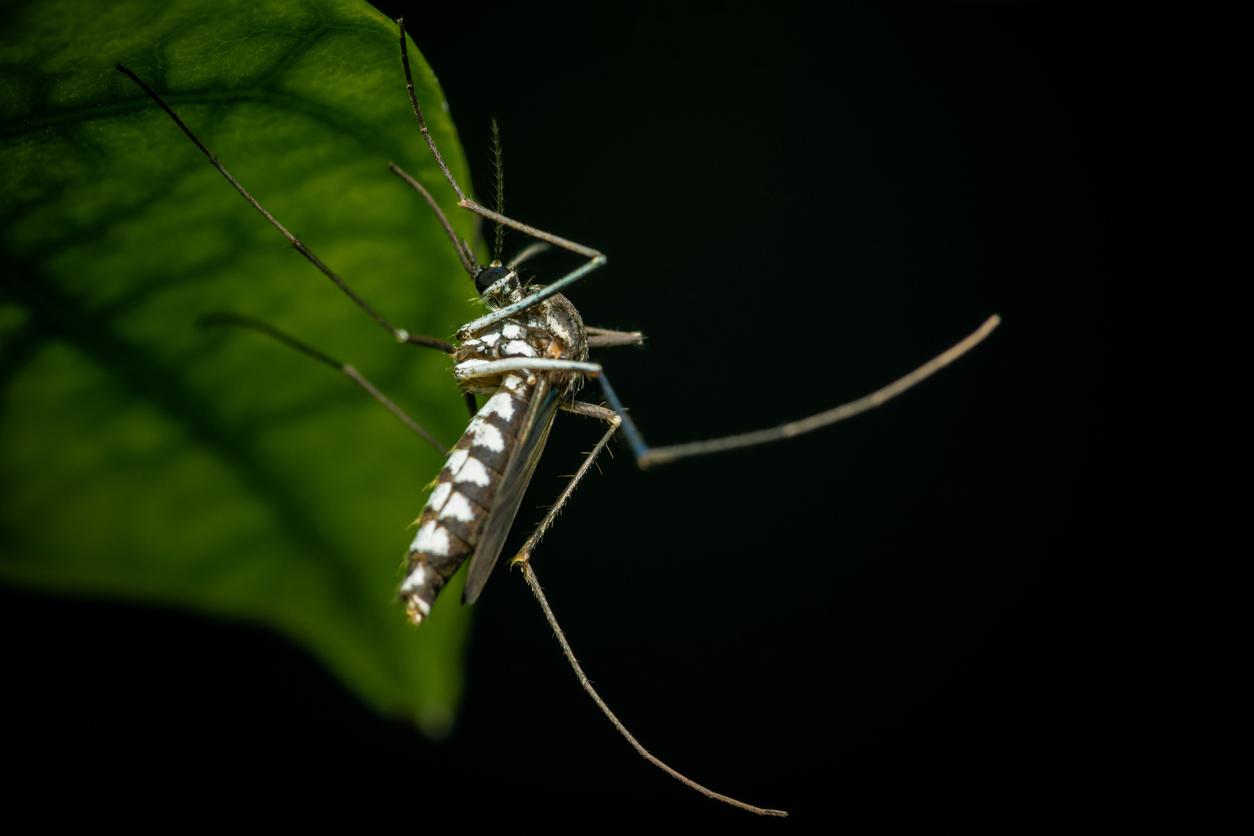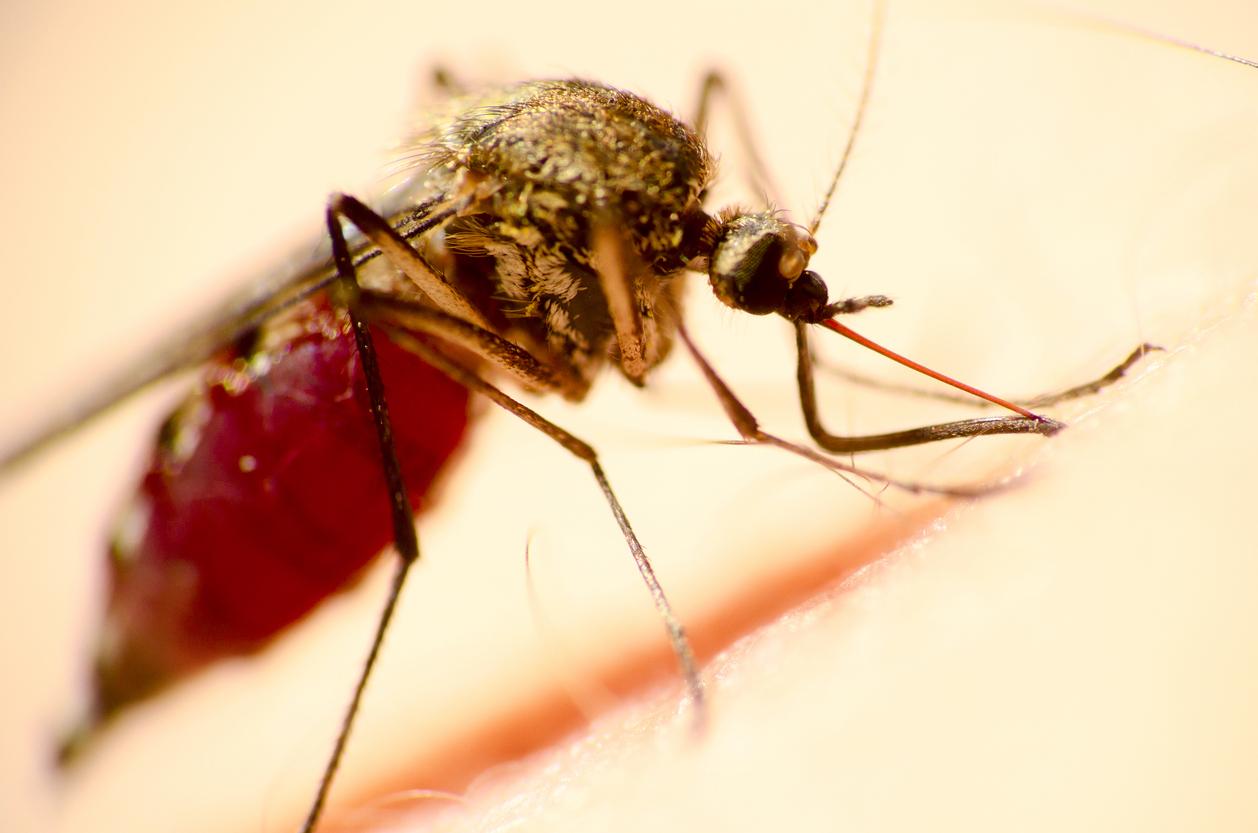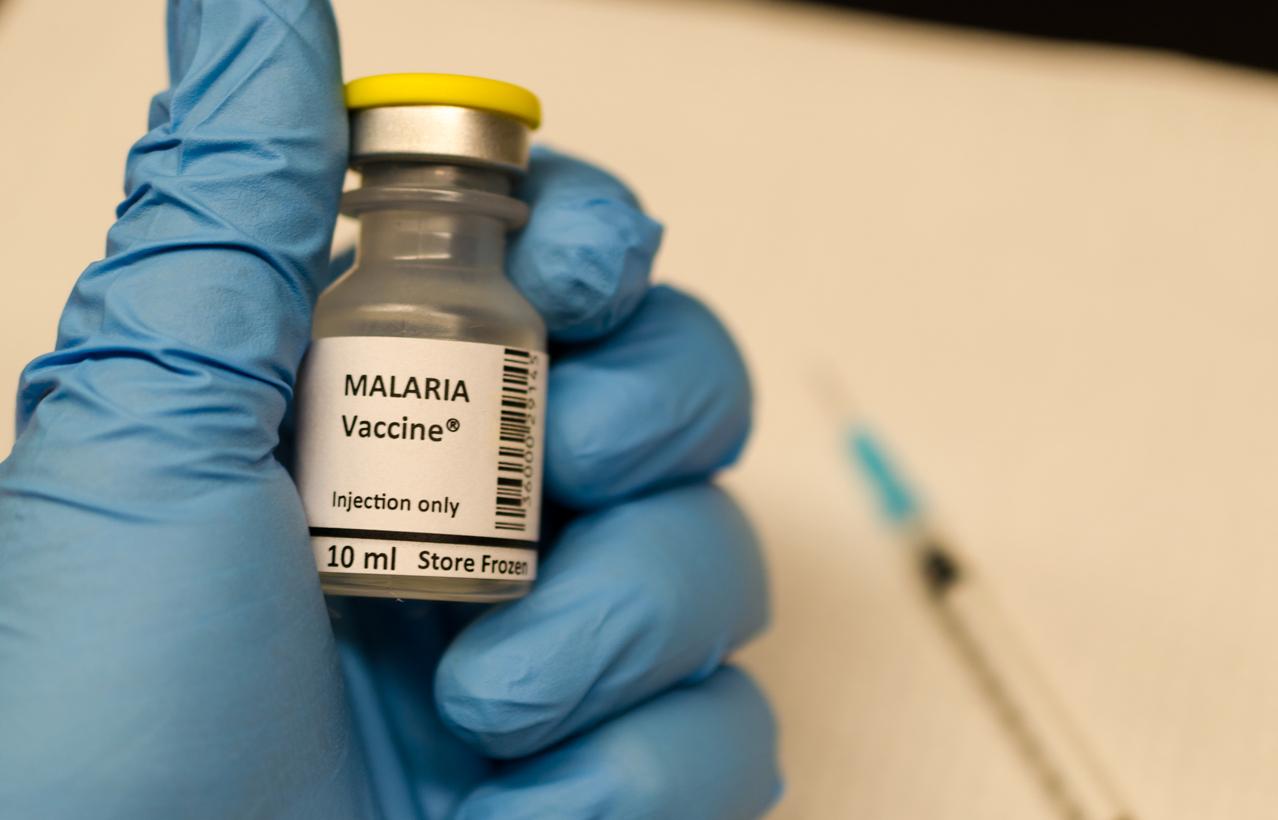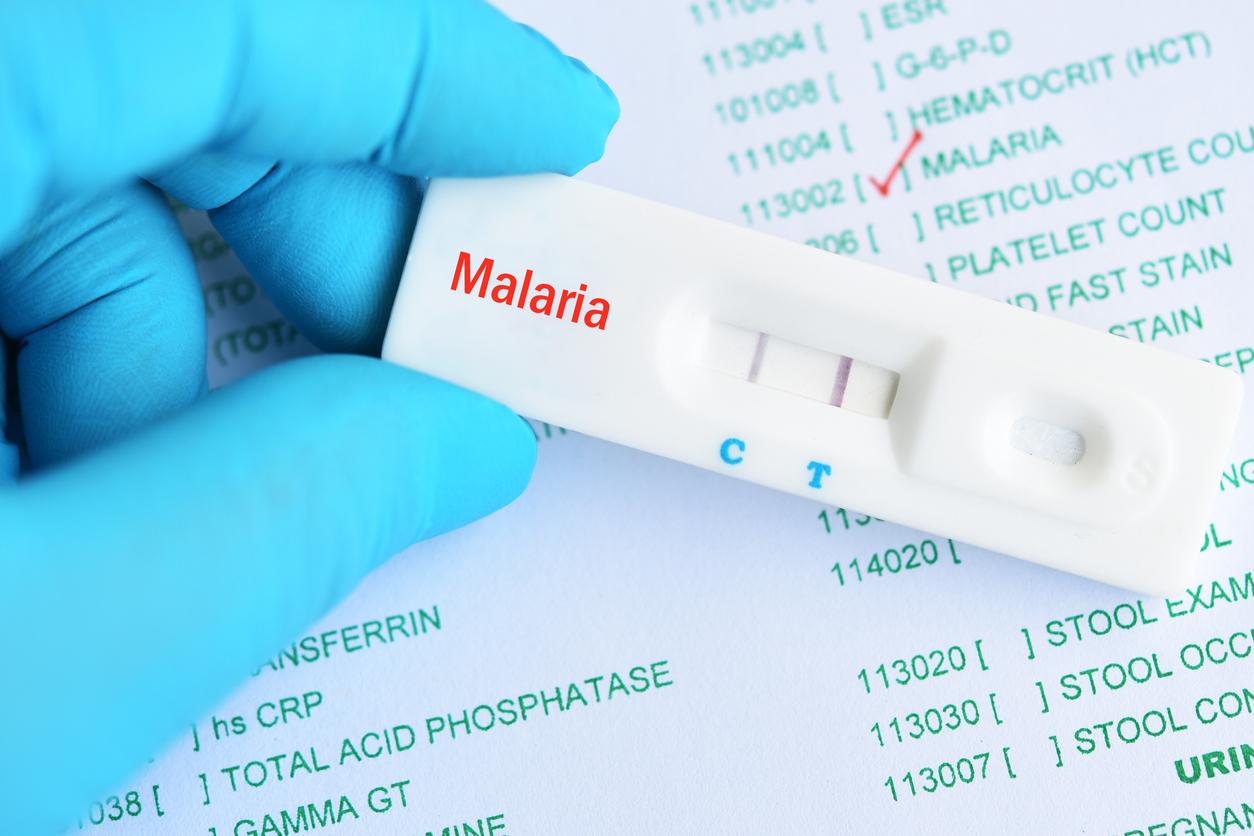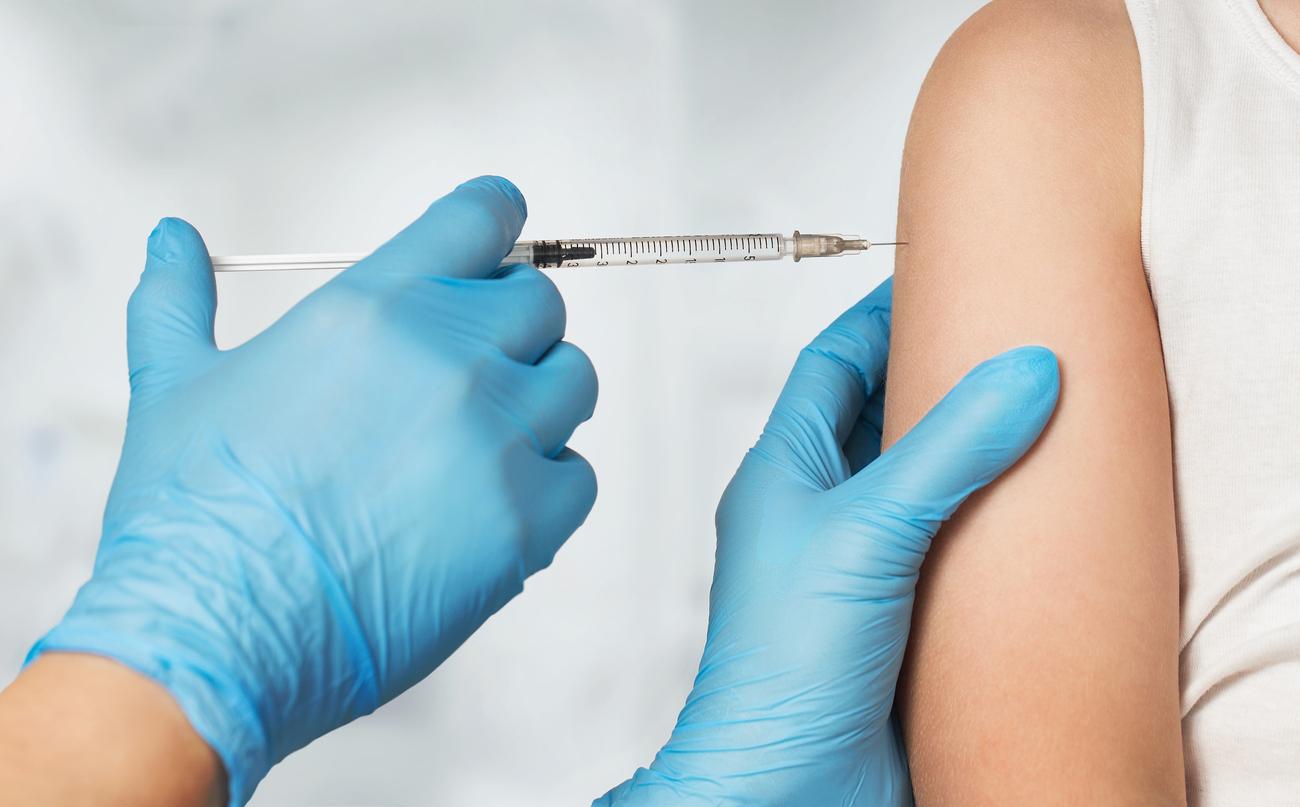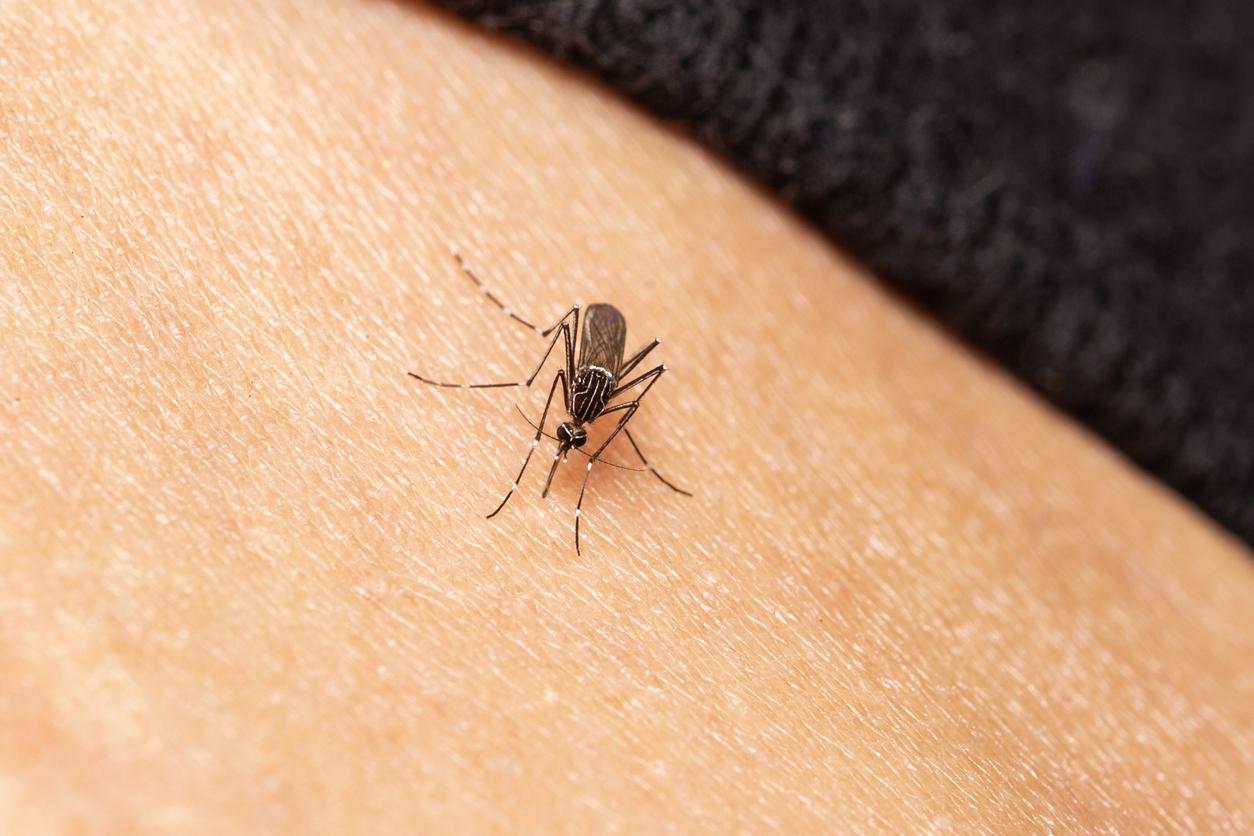That’s it: after the United Arab Emirates, Morocco, Turkmenistan, Armenia and the Maldives, Sri Lanka is officially the sixth country in the world to have defeated the malaria. This disease, caused by a parasite (Plasmodium falciparum) transmitted to humans by mosquitoes, still exists in 95 countries and territories – mostly in sub-Saharan Africa, according to the World Health Organization (WHO).
In 2015, according to the WHO, 214 million cases of malaria and 438,000 deaths were recorded worldwide – 90% of them on the African continent. The culprit: a female mosquito of the family of Anopheles : 10 to 15 days after the sting, the first symptoms (fever, headache, chills, vomiting) occur. In the most serious cases, death can occur within 24 hours.
Mobile clinics for prevention
Over the past century, Sri Lanka has suffered many malaria epidemics: in the 1990s, more than 400,000 cases were recorded. But between 1999 and 2012, the number of people infected on the territory gradually fell from 264,500 to 0. An absence of transmission which was maintained for 3 years.
“Sri Lanka’s success is remarkable. In the middle of the 20th century, it was among the countries most affected by malaria, but now it is free, said Dr Poonam Khetrapal Singh, WHO Regional Director for South Asia. -East. This success testifies to the courage and vision of decision-makers, and shows that giant strides can be made when targeted actions are taken. »
The “targeted actions” in question are notably mobile clinics, installed in sensitive regions in order to provide preventive treatments to populations. Moreover, thanks to the mobilization of the population and the public authorities, the “larval breeding sites” (the places where female mosquitoes lay eggs) have been destroyed. And malaria, eradicated!
To read: A GMO mosquito attacks the Zika virus in Florida.










